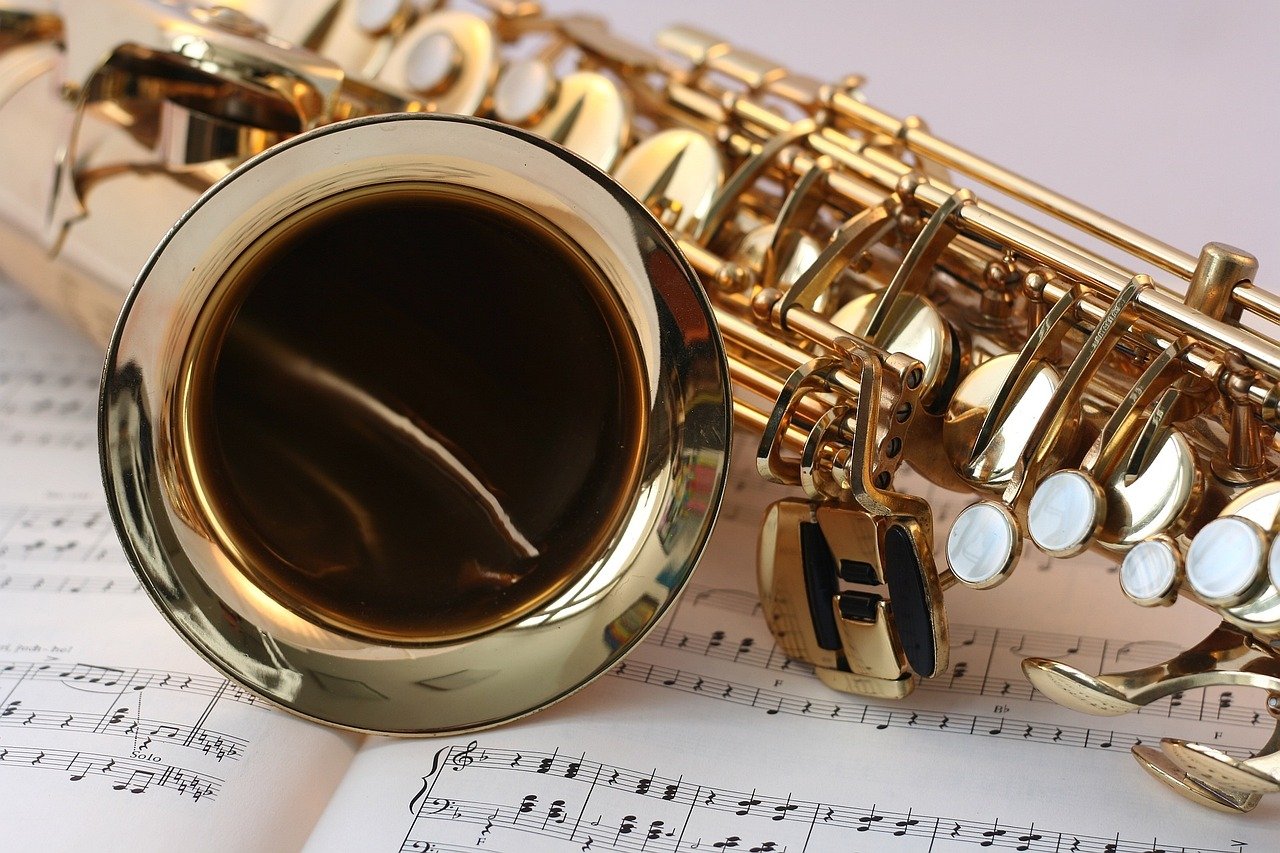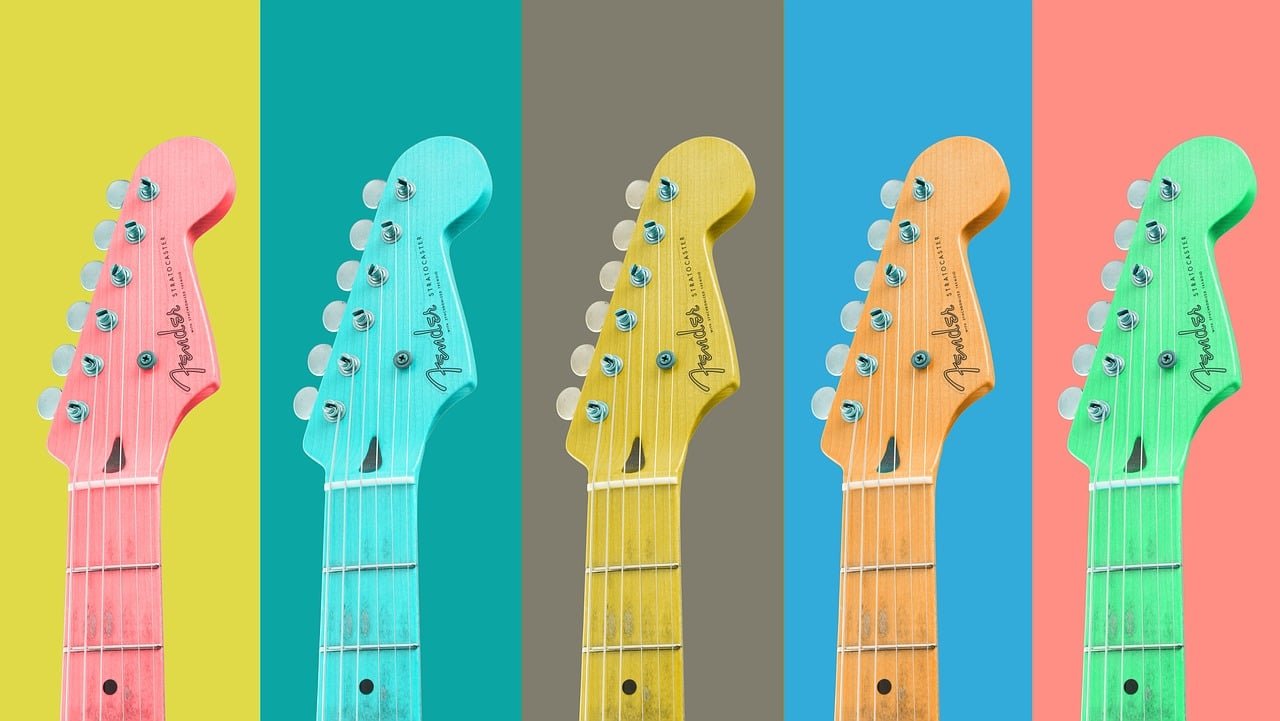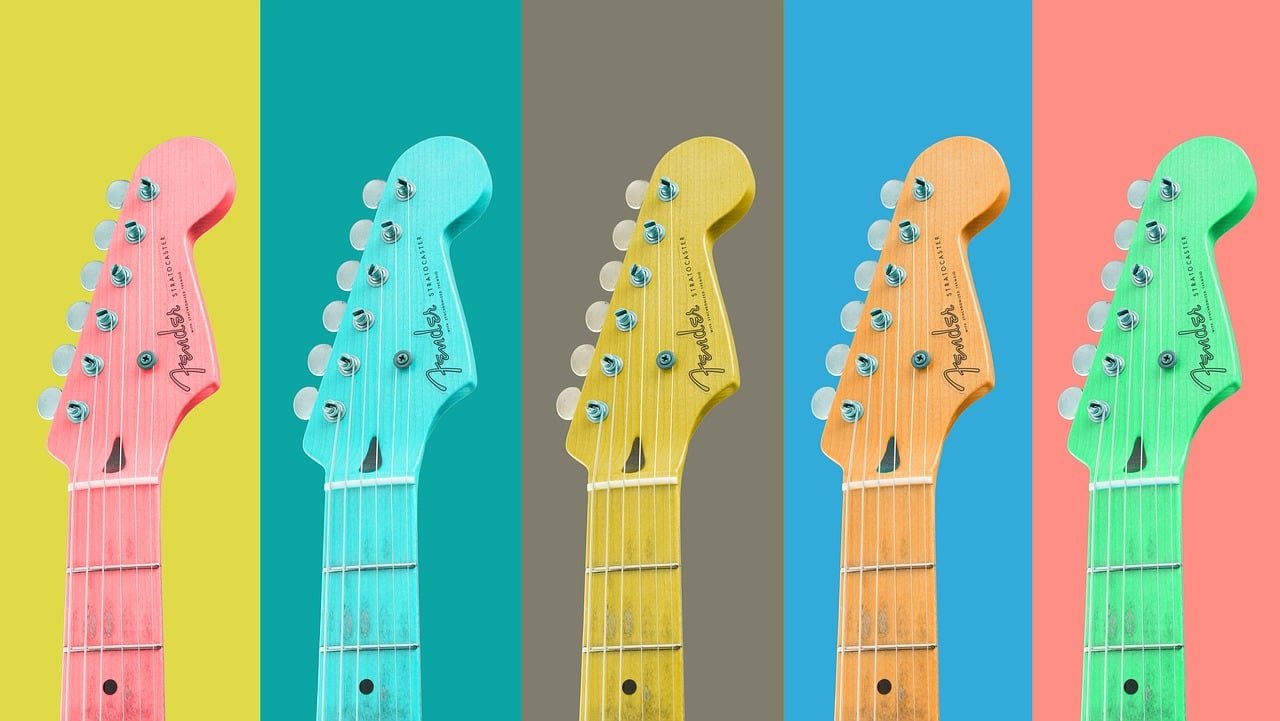Congratulations on your decision to learn how to play a musical instrument! Whether you have always dreamed of creating beautiful melodies or simply want to pick up a new hobby, this article will provide you with valuable tips and insights to help you on your musical journey. From choosing the right instrument to finding a qualified teacher, we will guide you through the process of learning a musical instrument in a friendly and accessible way. So, get ready to unleash your inner musician and let’s start making some sweet sounds together!
Choose the Right Instrument
Playing a musical instrument can be a wonderfully enriching experience. Before you begin your musical journey, it’s important to choose the right instrument for you. Consider your musical preferences and what type of sound you enjoy. Are you drawn to the lively and rhythmic beats of the drums or the melodic tunes of a piano? Thinking about your physical abilities is also crucial. Are you interested in learning to play a wind instrument that requires breath control, or would you prefer something like a guitar that involves finger placement? Take your time to research different instruments and listen to recordings to get a sense of what resonates with you. Consult with music teachers or professionals who can provide valuable guidance based on their expertise.
Set Clear Goals
Once you’ve chosen your instrument, it’s important to set clear goals to keep yourself motivated and focused. Determine your motivation for learning to play. Is it for personal enjoyment, joining a band, or participating in public performances? Define specific objectives to work towards, such as learning a particular song or mastering a specific technique. It’s essential to set a realistic timeline for yourself. Learning to play an instrument takes time and dedication, so be patient with yourself and acknowledge that progress will come at its own pace. As you embark on your musical journey, make sure to track your progress to celebrate your achievements along the way.

Obtain the Instrument
Now that you’ve set your goals, you’ll need to obtain the instrument itself. There are a few different options to consider. If you’re uncertain about your long-term commitment or are on a budget, you may want to consider renting or borrowing an instrument. This can allow you to try out different instruments without a significant financial investment. On the other hand, if you’re certain about your dedication to learning an instrument, purchasing a new or used instrument may be the better option. Consider your budget and the quality of the instrument. While it can be tempting to opt for the cheapest option, investing in a higher-quality instrument can have a significant impact on your learning experience. Don’t forget to get the necessary accessories for your instrument, such as a case, picks, reeds, or rosin.
Find a Qualified Teacher
Having a qualified teacher is invaluable when learning to play an instrument. Start by searching for local music schools that offer lessons for your chosen instrument. Ask for recommendations from friends, family, or fellow musicians who may have had positive experiences with specific teachers. When considering a teacher, check their qualifications and experience. Look for individuals who have a solid educational background in music and ample experience teaching students at your skill level. Schedule trial lessons with potential teachers to determine if their teaching style and personality are a good fit for you. Remember, finding a teacher who inspires and motivates you can make all the difference in your musical journey.

Create a Practice Schedule
Consistency is key when learning to play a musical instrument, and creating a practice schedule is essential to stay on track. Determine the amount of time you can realistically commit to practicing each day. It’s better to have shorter, focused practice sessions than long, sporadic ones. Set regular practice times to establish a routine. Just like brushing your teeth or eating meals, practicing should become a habit. Include warm-up exercises and technique drills to prepare your body and mind for playing. Additionally, plan for focused practice sessions where you work on specific aspects of your playing that need improvement. By creating a practice schedule and sticking to it, you’ll develop discipline and see progress more quickly.
Learn Basic Music Theory
While it’s possible to play an instrument without understanding music theory, having a foundation in this area can greatly enhance your musicality and overall understanding of music. Start by familiarizing yourself with musical notation, which is the written language used to communicate music. Learn about scales and chords, as they form the building blocks of music. Study rhythm and time signatures to develop a sense of timing and learn how to count beats. Take the time to explore key signatures and transposition, as these concepts will help you navigate different musical pieces. Understanding basic music theory will allow you to communicate with other musicians and expand your musical repertoire.

Start with Fundamental Techniques
As a beginner, it’s important to start with proper technique to set a solid foundation for your playing. Learn and practice proper posture and positioning for your instrument, as it will help you avoid strain or injury. For instruments that require finger placement, such as piano or guitar, practice correct hand and finger positioning to develop muscle memory and dexterity. If you’re learning a wind instrument, focus on developing breath control to produce consistent and controlled sounds. Similarly, if you’re playing a string instrument, spend time exploring bowing techniques to produce a smooth and expressive sound. By mastering fundamental techniques, you’ll have a strong base from which to grow as a musician.
Master Basic Exercises
Just like any skill, playing a musical instrument requires practice. Mastering basic exercises is crucial in building a strong foundation. Practice scales, arpeggios, and intervals to familiarize yourself with different patterns and fingerings. These exercises help develop finger dexterity and coordination. Work on controlling dynamics, which refers to the ability to play both loud and soft passages. Pay attention to your touch and aim for a balanced sound. Additionally, master basic sight-reading skills to be able to play music from sheet music. Sight-reading exercises can be found in various music books or online resources. By consistently practicing these basic exercises, you’ll improve your technical skills and gain confidence in your playing.
Learn Songs and Repertoire
Learning songs and repertoire is an exciting part of playing a musical instrument. Start with simple melodies that are within your skill level. Familiarize yourself with the notes, rhythms, and dynamics of the song. As you become more comfortable, progress to more complex pieces that challenge your abilities. Explore different musical genres to broaden your musical horizons. Don’t limit yourself to one particular style, as exposure to various genres will expand your musical vocabulary. Challenge yourself with diverse styles, whether it be classical, jazz, rock, or pop. By learning songs and repertoire, you’ll develop a deeper connection to the music and gain a sense of accomplishment.
Stay Motivated and Consistent
Learning to play a musical instrument is a journey that requires dedication and perseverance. It’s important to stay motivated and consistent throughout your musical endeavors. Keep a positive mindset and focus on the joy of learning and expressing yourself through music. Celebrate small achievements along the way, whether it’s playing a challenging passage smoothly or successfully performing in front of others. Surround yourself with the music of your favorite musicians for inspiration. Listen to their recordings and attend live performances when possible. Find joy in the learning process, as every practice session brings you one step closer to becoming the musician you aspire to be. Stay motivated, stay consistent, and enjoy the beautiful world of music.






